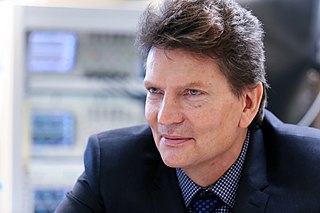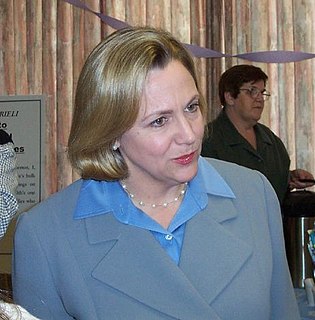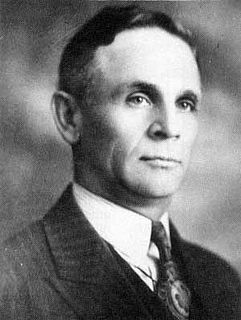A Quote by Naveen Jain
Neuroplasticity research showed that the brain changes its very structure with each different activity it performs, perfecting its circuits so it is better suited to the task at hand.
Related Quotes
Among other things, neuroplasticity means that emotions such as happiness and compassion can be cultivated in much the same way that a person can learn through repetition to play golf and basketball or master a musical instrument, and that such practice changes the activity and physical aspects of specific brain areas.
Autism is a neurological disorder. It's not caused by bad parenting. It's caused by, you know, abnormal development in the brain. The emotional circuits in the brain are abnormal. And there also are differences in the white matter, which is the brain's computer cables that hook up the different brain departments.
Neuroscientists talk a lot about brain circuits. In fact, the word 'circuit' is probably misleading. We do not know where most circuits begin and end. And unlike an electrical circuit, brain connections are heavily reciprocal and recursive, so that a direction of information flow can be inferred but sometimes not proven.
I would argue that if you understand how the cells of the brain are organized into circuits, almost computational circuits if you will, and we see how information flows through those circuits and how it's transformed, we might have a much firmer grasp on why our brains make decisions the way that they do. If we get a handle on that, maybe we can overcome some of our limitations and at the very least we'll understand why we do what we do.
Communications technology changes possibilities for communication, but that doesn't mean it changes the inherited structure of the brain. So you may think that you're addicted to online reading, but as soon as it isn't available anymore, your brain will pretty immediately adjust to other forms of reading. It's a habit like all habits.
When I was a little bitty kid, my aunt showed me how to play a little boogie. It took me years. I had to play the left-hand part with two hands, because my hands was so little. Then as I grew up and I learned how to play the left-hand part with one hand, she showed me how to play the right-hand part, and et cetera. My Uncle Joe showed me how to play a little bit different boogie stuff. I had people in my family that was professional musicians, but I just wasn't interested in what they did. I wasn't very open-minded to a lot of music that I'd be more open to today.
I do believe that when we're in the process of dying, that all these emergency circuits in the brain take over. I base what I'm saying not on any empirical evidence. I think it's very possible that when you're dying, these circuits open up, which would explain this whole white-light phenomena - when people clinically die and they see their relatives and stuff and say, "Hello, it's great to see you."
There's a lot of research that indicates the brain rewards us for multi-tasking by giving us a shot of neurochemicals whenever we start a new task. Our brain rewards us even as our performance in every task degrades. We don't even notice that our performance is bad. We don't care. We feel like masters of the universe because our brain is chemically rewarding us for multi-tasking.



































